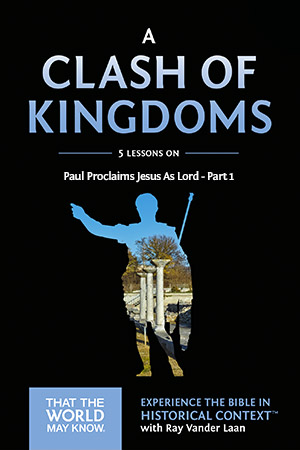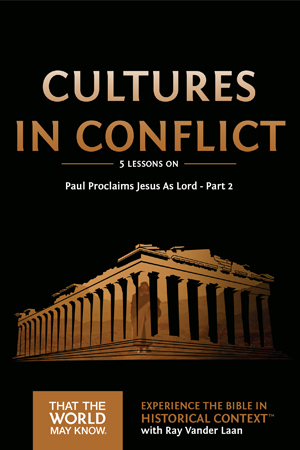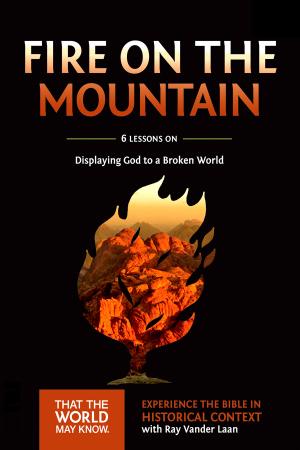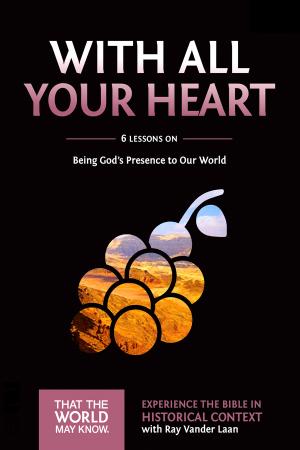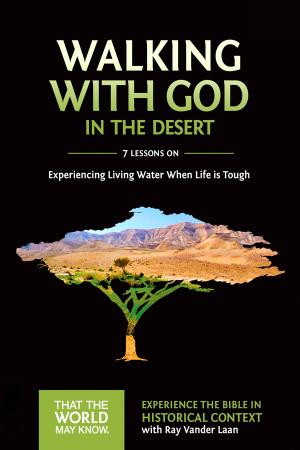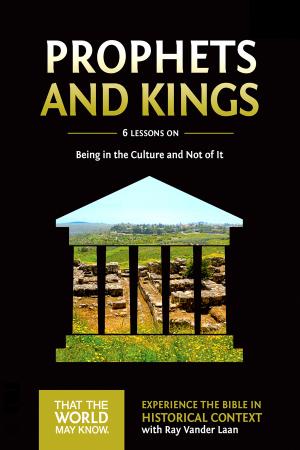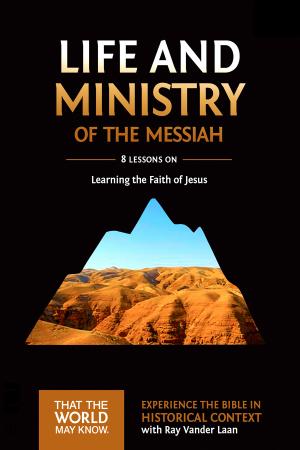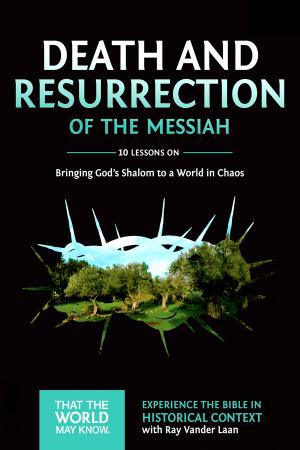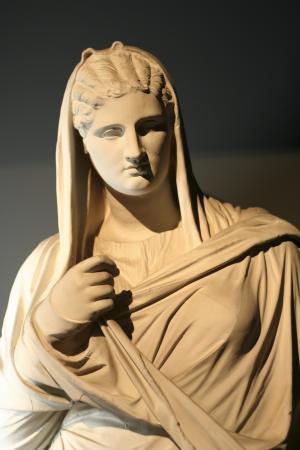
Confronting the Hellenism of Today
"Man," said the Greek philosopher Protagoras (481-411 BC), "is the measure of all things of what is and what is not." This philosophy provided the foundation for Hellenism, which was devoted...

One of the Dead Sea Scrolls, etched on copper, claiming to identify a great treasure that had been hidden before the Temple was destroyed.

An agreement or set of promises made between two parties. When forming a covenant in ancient days, two parties gathered animals, cut each into two parts, and then placed them on the ground so their blood flowed into one stream. Each party walked t...

FormIn order to make sense of covenants, people followed a certain pattern that governed the content and form of a covenant. A summary document representing the entirety of the relationship was usually provided. As the superior party, God alone de...

God created, or made, the world and the entire universe; it is all his creation. The Bible says every-thing God made was very good. All creation is now hurt by the sin in the world. But one day God will make creation perfect again.

Nativity scene.

The Christian faith is built upon the reality of Christ's death and resurrection. Jesus' death removed the barrier of sin between humankind and God, and brought into being a new era of relationship.Prophecies given hundreds of years before Jesus w...
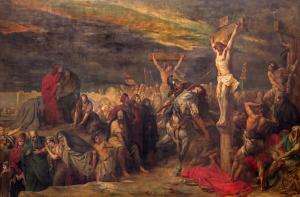
To nail or tie a person to a cross until that person died. A cross was made of rough beams of wood nailed together in a "t" shape. Jesus died by this method, which was usually used for criminals.

Soldiers of the Cross?
In November, 1095, Pope Urban II called upon all true Christians to free the Holy Land from so-called Muslim infidels. His speech sparked a period of violent conflict between Christian Europeans and the Muslims of the Middle...

Jesus used various word pictures and ideas that were familiar to the people of his time in order to communicate effectively with both religious Jews and pagans.The Bridegroom ImageFor example, Jesus described his deep love for his followers in ter...

To wish that bad things happen to someone or something. God curses, or makes bad things happen, only as a punishment or not obeying him.

A Philistine god. Recent evidence indicates that he was the grain god responsible for fertility.

One of the twelve Hebrew tribes originally placed between the Philistines and Judah. They migrated north and established the city of Dan as the northern border of Israel.

The name of a member of the tribe of Dan.

The Jerusalem of David's time, located on a narrow strip of land (Mount Moriah), was about ten acres in size and populated by approximately 1,500 people. The city was naturally defended by the Kidron Valley to the east and the Tyropean Valley to t...

An inland lake in the Great Rift Valley known as the Salt Sea; 50 miles long and 10 miles wide, the salt content is five times more concentrated than the ocean and is uninhabitable by marine life. The Essene community lived in the wilderness along...

Commentaries or instruction manuals for the Essene community discovered in 1947 by the Dead Sea in caves near the ruins of Khirbet Qumran. They provide valuable insights into the beliefs of one religious community from the time of Jesus; and conta...

Decapolis means "10 cities." Though the number of cities changed from time to time, the Decapolis was a group of independent city-states that were thoroughly pagan and Hellenistic. Veterans of Alexander the Great's army founded several o...
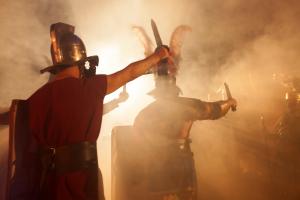
Ten Hellenistic cities established at the time of Alexander the Great east of the Sea of Galilee and north of Perea. Later, the Roman emperor Pompey organized the cities into a league named the Decapolis, largely populated by Roman army troops. In...

Scholars debate the importance of the large tower that once stood in Qumran because it was essentially a religious community of separatists who lived in a peaceful, almost monastic existence. The Essenes did, however, believe in the Messiah's immi...
